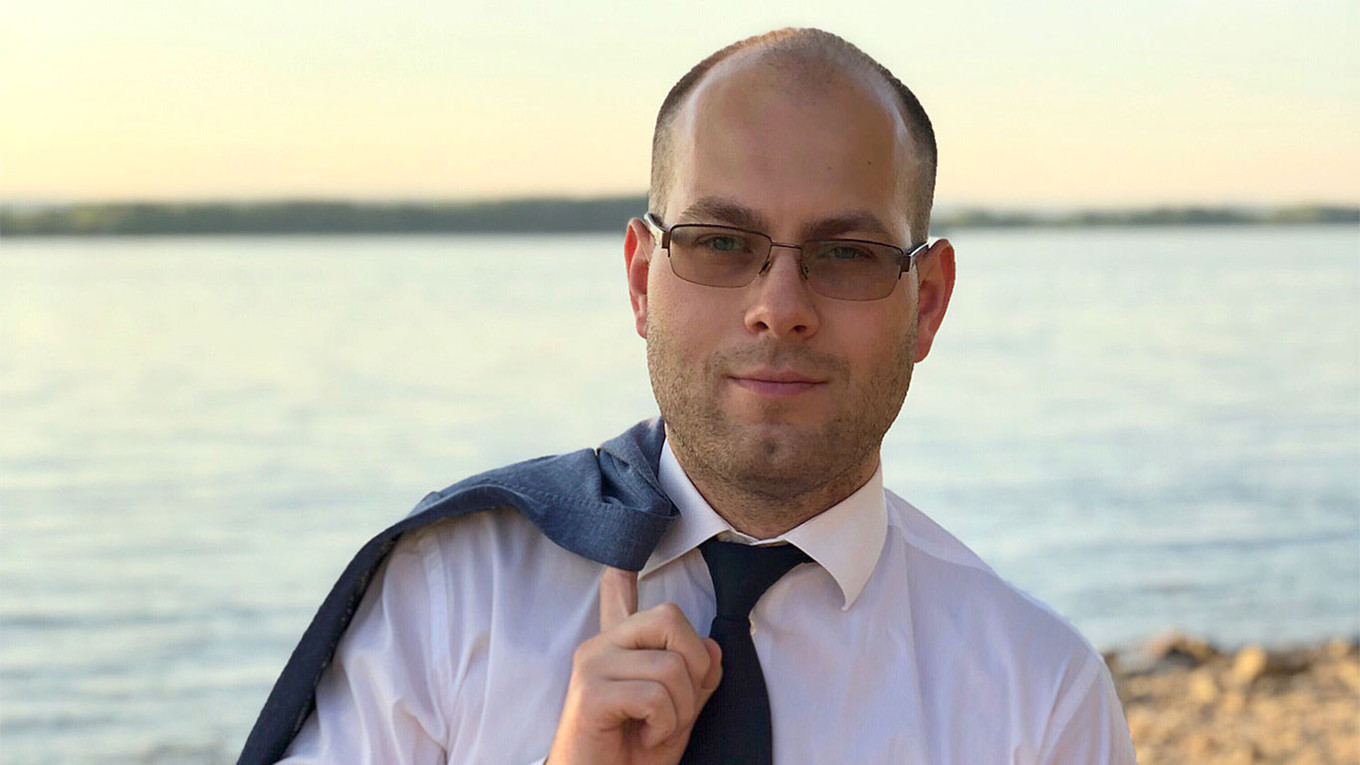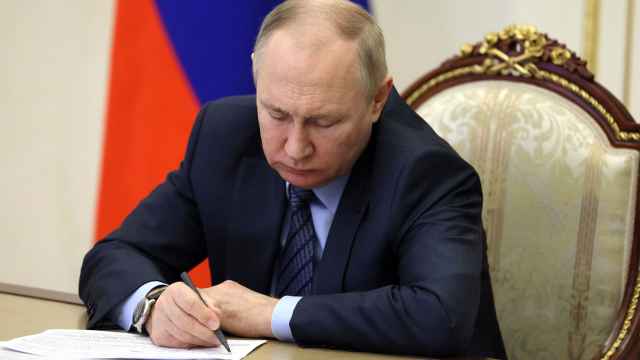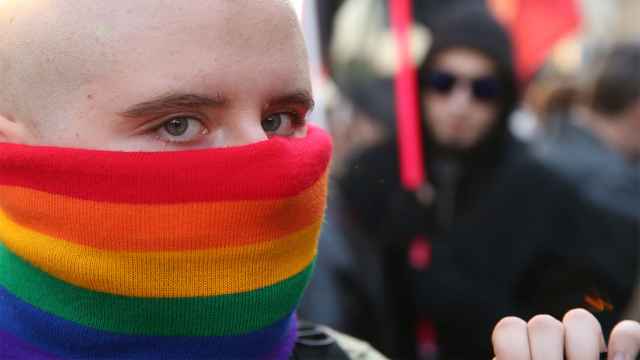A Russian official in the Samara region has resigned after a federal lawmaker accused him of being in a relationship with a man.
State Duma deputy Alexander Khinshtein singled out Sergei Burtsev, the Samara region’s Minister of Youth Policy, accusing him of being in a long-term relationship with one of his male assistants. In a lengthy social media post, Khinshtein claimed he had outed Burtsev to “protect traditional family values” and dismantle a “secret gay lobby” influencing young Russians.
“Yes, a person’s private life is their own business. I wouldn’t be writing this if we were talking about any other official,” Khinshtein wrote on the messaging app Telegram on Thursday. “But not about the minister directly responsible for implementing youth policy in a multimillion[-populated] region rocked by LGBT scandals.”
“That’s when it becomes clear where gay propagandists, gay youth activists and school tutors who run gay social media pages come from in Burtsev’s department,” he added.
Khinshtein’s allegations follow Russia’s Supreme Court ruling last November that designated a vaguely defined “international LGBT public movement” as a banned “extremist” organization. Civil rights activists say the “extremist” label enables the Russian authorities to prosecute anyone linked to LGBTQ+ lifestyles or symbols.
Last month, two managers of a gay bar in Orenburg, a city in the region of the same name that neighbors Samara, became the first people in Russia to face criminal LGBTQ+ “extremism” charges. They could be jailed for up to 10 years if found guilty of “organizing extremist activities.”
In his posts outing Burtsev, Khinshtein said that “entrusting youth policy to people like him is not just dangerous but criminal,” claiming to have submitted “relevant requests” to local law enforcement bodies and the governor of the Samara region.
Burtsev announced his resignation later on Thursday evening.
“While I absolutely disagree with and refute the assumptions that were voiced, I consider it wrong to cast a shadow on the region’s youth policy,” Burtsev wrote on the Russian social network VKontakte.
A Message from The Moscow Times:
Dear readers,
We are facing unprecedented challenges. Russia's Prosecutor General's Office has designated The Moscow Times as an "undesirable" organization, criminalizing our work and putting our staff at risk of prosecution. This follows our earlier unjust labeling as a "foreign agent."
These actions are direct attempts to silence independent journalism in Russia. The authorities claim our work "discredits the decisions of the Russian leadership." We see things differently: we strive to provide accurate, unbiased reporting on Russia.
We, the journalists of The Moscow Times, refuse to be silenced. But to continue our work, we need your help.
Your support, no matter how small, makes a world of difference. If you can, please support us monthly starting from just $2. It's quick to set up, and every contribution makes a significant impact.
By supporting The Moscow Times, you're defending open, independent journalism in the face of repression. Thank you for standing with us.
Remind me later.






